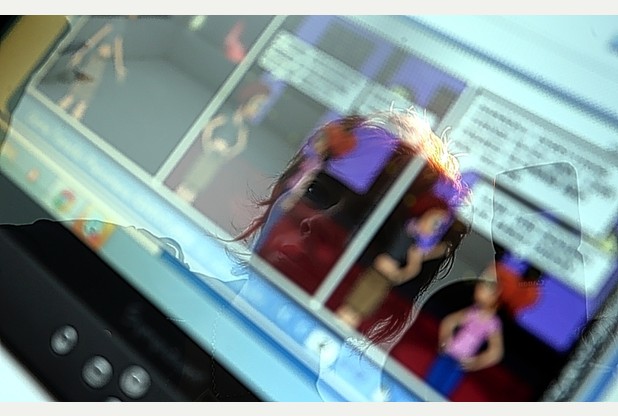Targeting the real life impact of virtual interactions
Resources

LATEST POSTS
Insights on the impact of GTP covered by BBC
A recent BBC article by Josh Sim highlights the significant impact of my research on Game Transfer Phenomena. I’m grateful for the contributions from gamers Christian Dines and Max Dzmitryiev, senior game producer Ali Farha, Scott Jennings from Gaming Addicts Anonymous, and researcher Nick Ballou. I have included some excerpts […]
Game Transfer Phenomena in a New York exhibition
The Chart Gallery in New York City is currently exhibiting the installation “Game Transfer Phenomena” by Joshua Caleb Weibley, created in collaboration with Jordan Dykstra. “Game Transfer Phenomena consists of 7 crates made to hold objects derived from Tetris’s 7 Tetromino shapes. The installation takes its name from repetitive gameplay’s […]
What are Game Transfer Phenomena?
Check out my latest video showcasing some examples of Game Transfer Phenomena. I was inspired to create this after for talk at the “Cyberpsychology of Videogamers” symposium during the CYPSY27 conference. https://gametransferphenomena.com/wp-content/uploads/2024/10/What-are-GTP.mp4
Symposium on Game Transfer Phenomena at ICBA2024
We recently presented our symposium at #ICBA2024, which focused on exploring the impact of video games on cognition, perception, and behaviour known as #GameTransferPhenomena (GTP). Our symposium’s studies comprised samples from China, the USA, Poland, and the UK (N=3,316). We shared validated tools for assessing GTP, discussed the intricate relationship […]



